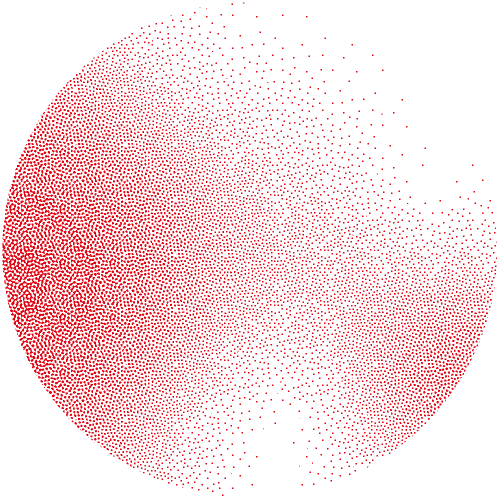ATGCCGGAATTGGCACATAACAAGTACTGCCTCGGTCCTTAAGCTGTATTGCACCATATGACGGATGCCGGAATTGGCACATAACAAGTAC
TGCCTCGGTCCTTAAGCTGTATTGCACCATATGACGGATGCCGGAATTGGCACATAACAACGGTCCTTAAGCTGTATTGCACCATATGACG
GATGCCGGAATTGGCACATAACAAGTACTGCCTCGGTCCTTAAGCTGTATTTCGGTCCTTAAGCTGTATTCCTTAACAACGGTCCTTAAGG
ATGCCGGAATTGGCACATAACAAGTACTGCCTCGGTCCTTAAGCTGTATTGCACCATATGACGGATGCCGGAATTGGCACATAACAAGTAC
TGCCTCGGTCCTTAAGCTGTATTGCACCATATGACGGATGCCGGAATTGGCACATAACAACGGTCCTTAAGCTGTATTGCACCATATGACG
GATGCCGGAATTGGCACATAACAAGTACTGCCTCGGTCCTTAAGCTGTATTTCGGTCCTTAAGCTGTATTCCTTAACAACGGTCCTTAAGG


First Steps with Julia in Life Sciences



05 January 2026

05 January 2026




A but lucratif : 1000 CHF

Aucune instance future de ce cours n'est prévue pour l'instant
Overview
Julia is a modern, high-performance, open-source language designed for scientific computing. It combines the speed of compiled languages like C/C++ with the ease of use of interpreted ones like Python, making it ideal for life scientists who need to process and explore large biological datasets efficiently.
Thanks to its growing ecosystem, Julia offers powerful libraries for statistics, bioinformatics, and machine learning — such as DataFrames.jl, BioJulia, and Flux.jl — while integrating seamlessly with Python and R when needed.
This 2-day course provides an introduction to Julia using Jupyter notebooks, which will be distributed on, together with sample data sets.
Audience
This course is designed for PhD students, postdoctoral and other researchers in the life sciences from both academia and industry who wish to gain a solid introduction to the Julia programming language. The course begins with the fundamentals of the language — variables, control structures, and functions — and progressively introduces essential tools for data analysis and visualisation. Participants will first be introduced to the basics of the language, and then will learn to handle tabular data with DataFrames.jl, create publication-quality plots with Plots.jl, and perform common data-science tasks efficiently.
Learning outcomes
At the end of the course, the participants are expected to:
- write Julia code in Jupyter notebooks
- work with CSV/TSV data using DataFrames package
- carry out simple bioinformatics tasks with BioJulia
- perform simple statistical tests with Julia’s statistics packages
Prerequisites
Knowledge / competencies
This course is designed for beginners and no prior experience with Julia is required, but some prior programming experience is recommended, as the focus will be on Julia itself rather than on introductory programming concepts. Participants familiar with basic notions such as variables, expressions, and functions will be adequately prepared.
Technical
Participants are asked to bring their own laptop with a recent install of Julia and Jupyter/Jupyter Lab.
Application
The registration fees for academics are 200 CHF and 1000 CHF for for-profit companies.
While participants are registered on a first come, first served basis, exceptions may be made to ensure diversity and equity, which may increase the time before your registration is confirmed.
Applications will close on 05/01/2026 or as soon as the places will be filled up. Deadline for free-of-charge cancellation is set to 05/01/2026. Cancellation after this date will not be reimbursed
You will be informed by email of your registration confirmation. Upon reception of the confirmation email, participants will be asked to confirm attendance by paying the fees within 5 days.
Venue and Time
This course will take place at the University of Bern.
The course will start at 9:00 CET and end around 17:00 CET.
Precise information will be provided to the registered participants in due time.
Additional information
Coordination: Diana Marek, SIB Training group
We will recommend 0.5 ECTS credits for this course (given a passed exam at the end of the course).
You are welcome to register to the SIB courses mailing list to be informed of all future courses and workshops, as well as all important deadlines using the form here.
Please note that participation in SIB courses is subject to our general conditions.
SIB abides by the ELIXIR Code of Conduct. Participants of SIB courses are also required to abide by the same code.
For more information, please contact training@sib.swiss.